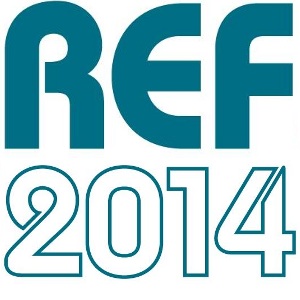Academic Juggling: PhD vs CV
Some of the most common questions with which PhD researchers are concerned focus on how they should set their priorities during their doctoral studies. What else, and how much of it, should you do next to researching and writing your thesis? As so often, I can’t answer this for all PhD students in all disciplines, […]
Read More »
















